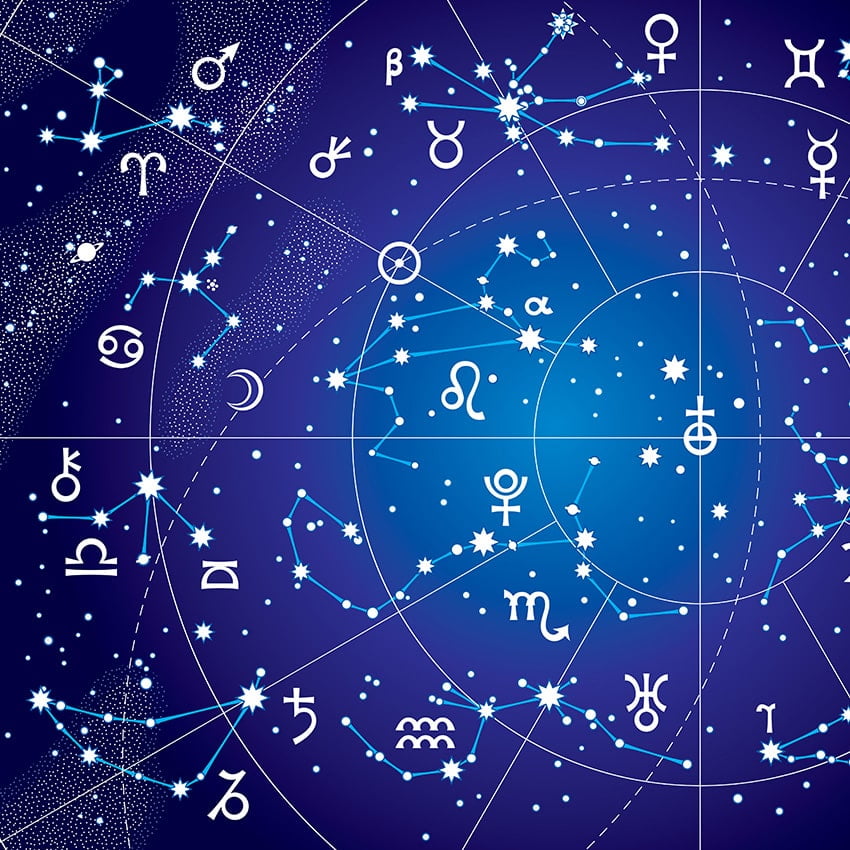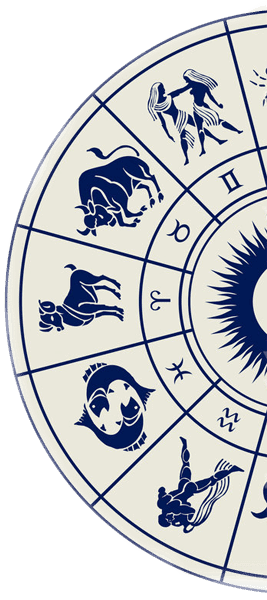In this article, we will explore the fascinating world of astrology and how it can help you understand yourself and your future. Discover the basics of astrology, including the zodiac signs, planets, and houses, and how they all work together to shape your personality and life. Learn how to read your birth chart and uncover the valuable insights it can provide about your strengths, weaknesses, and life path. Whether you’re a beginner or have some knowledge of astrology, this article will provide you with a comprehensive guide to unlocking the mysteries of the stars and your own destiny.
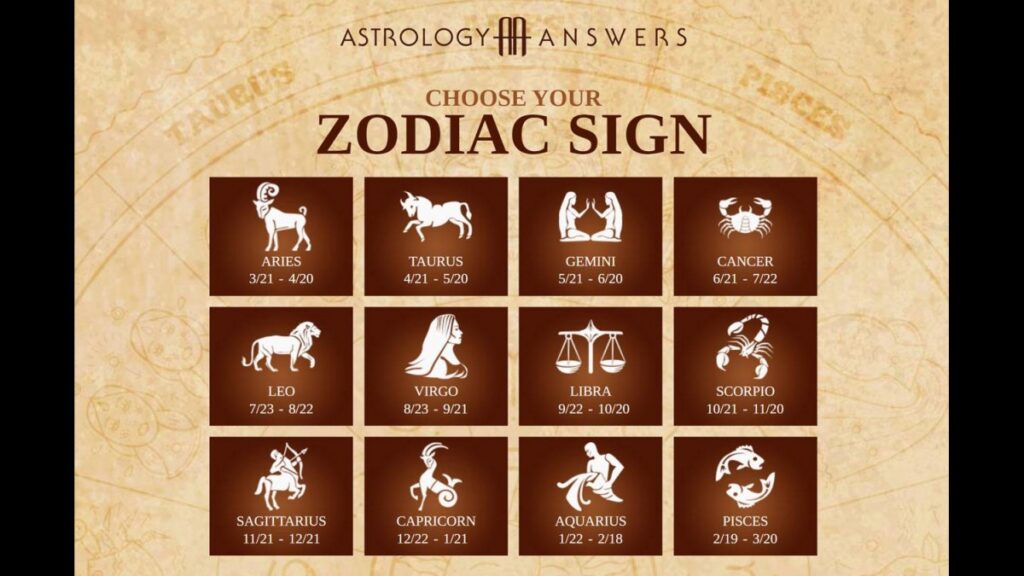
What is Astrology?
Definition of Astrology
Astrology is the study of the movements and positions of celestial bodies, such as the planets and stars, and how they influence human behavior and events on Earth. It postulates that there is a meaningful relationship between the celestial bodies and the happenings in our lives. Astrologers believe that by analyzing the positions of these celestial bodies at the time of a person’s birth, they can gain insights into their personality traits, talents, strengths, weaknesses, and even their future.
Origins of Astrology
The origins of astrology can be traced back to ancient civilizations, such as Mesopotamia, Egypt, and China. These civilizations observed the patterns of the stars and planets and connected them to natural phenomena and human affairs. The practice of astrology spread across different cultures, notably through the Hellenistic period, where it was influenced by Greek philosophy and integrated into the Western worldview.
Beliefs and Principles of Astrology
Astrology is based on several fundamental principles. The first is the belief in an interconnected universe, where the movements of celestial bodies can affect events and individuals on Earth. Astrologers believe that each planet emits a particular type of energy or vibration, and the combination of these energies creates a unique cosmic atmosphere at any given time.
Another principle of astrology is the concept of the zodiac, which is divided into 12 equal parts called “signs.” Each sign corresponds to a specific period of the year and has its own set of characteristics and qualities. The position of the Sun at the time of a person’s birth determines their zodiac sign.
Different Types of Astrology
Western Astrology
Western astrology, also known as tropical astrology, is the most widely recognized and practiced form of astrology in Western countries. It is based on the tropical zodiac, which divides the ecliptic into 12 equal parts and assigns a specific sign to each month of the year. Western astrology focuses on the interpretation of the birth chart, which maps the positions of the planets at the time of an individual’s birth.
Vedic Astrology
Vedic astrology, also known as Jyotish, is the traditional form of astrology practiced in India. It is based on the Sidereal zodiac, which takes into account the precession of the equinoxes. Vedic astrology places great importance on the concept of karma and believes that the positions of the planets at the time of birth can reveal the karmic patterns and potential destiny of an individual.
Chinese Astrology
Chinese astrology is deeply rooted in Chinese philosophy and culture. It is based on a 12-year cycle, with each year corresponding to one of the twelve animal signs. Chinese astrology also takes into account the five elements (wood, fire, earth, metal, and water) and their interactions with the animal signs to provide a more detailed analysis of personality traits and life events.
Mayan Astrology
Mayan astrology originated in Central America and is based on the ancient Mayan calendar system. It assigns a specific day sign to each day of the year, forming a 260-day cycle. Mayan astrology interprets the combination of day signs and numerology to provide insights into an individual’s personality, strengths, and weaknesses.
Role of Planets and Zodiac Signs
Meaning and Influence of Planets
In astrology, each planet is associated with specific qualities and influences. For example, the Sun represents vitality, creativity, and individuality, while the Moon symbolizes emotions, intuition, and nurturing. The other planets, such as Mercury, Venus, Mars, Jupiter, Saturn, Uranus, Neptune, and Pluto, each have their own unique attributes and impacts on different aspects of life.
Characteristics and Traits of the 12 Zodiac Signs
The zodiac signs represent the twelve major divisions of the celestial sphere, each associated with a specific time period and set of characteristics. Aries, for example, is the first sign of the zodiac and is known for its assertiveness and leadership qualities. Taurus, on the other hand, is associated with stability, determination, and a love for material comforts. Each zodiac sign has its unique traits and qualities that shape an individual’s personality.
The Birth Chart and Natal Astrology
Interpreting the Birth Chart
The birth chart, also known as the natal chart, is a map of the positions of the planets at the time of a person’s birth. It serves as a blueprint of an individual’s personality and life potential. Astrologers analyze the birth chart to understand an individual’s strengths, weaknesses, desires, and challenges. They consider the relationships between the planets, their aspects, and their positions in different houses to gain deeper insights into a person’s character and life path.
Understanding the Ascendant, Sun, Moon, and Rising Signs
The ascendant, also known as the rising sign, represents the zodiac sign that was rising on the eastern horizon at the time of birth. It plays a significant role in shaping an individual’s appearance, physical attributes, and first impressions. The sun sign represents the core essence of a person’s character, while the moon sign reflects their emotional nature and subconscious patterns. Understanding these signs can provide a more comprehensive understanding of an individual’s personality.
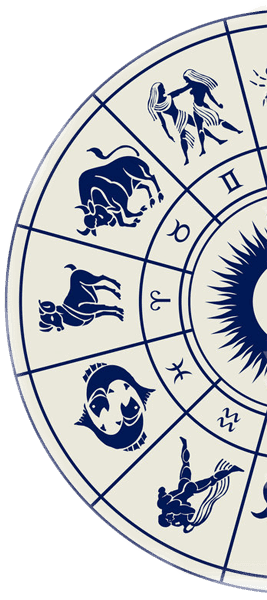
Astrological Compatibility
Compatibility between Zodiac Signs
Astrological compatibility explores the dynamics and potential harmonies between different zodiac signs. By comparing the elements, modalities, and planetary aspects between two individuals’ birth charts, astrologers can assess the compatibility and potential challenges in their relationships. This insight can be valuable in personal relationships, friendships, and even business partnerships.
Synastry and Composite Charts
In addition to comparing individual birth charts, astrologers also use synastry and composite charts to analyze the compatibility between two individuals. Synastry examines the interplay between the planets in one person’s chart and the planets in the other person’s chart. Composite charts, on the other hand, blend the individual charts into one, representing the energy and potential of the relationship itself.
Astrological House Systems
Overview of Astrological Houses
Astrological houses divide the birth chart into twelve segments, each representing different areas of life, such as relationships, career, finances, and personal development. Each house has a corresponding zodiac sign and planetary ruler that influence the experiences and energies associated with that particular area.
Significance and Interpretation of Each House
The interpretation of each astrological house depends on the zodiac sign and planetary ruler associated with it. For example, the first house, also known as the house of self, is associated with the zodiac sign Aries and represents the individual’s physical appearance, personality, and self-expression. The interpretation of each house in the birth chart provides valuable insights into an individual’s life circumstances, goals, and potentials.
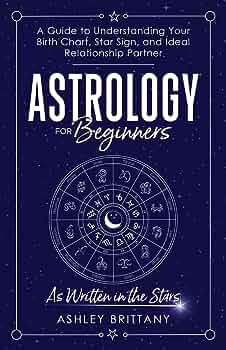
Using Astrology for Personal Development
Self-Reflection and Self-Awareness
Astrology can be a powerful tool for self-reflection and self-awareness. By understanding the patterns and potential of their birth chart, individuals can gain insights into their strengths, weaknesses, and life purpose. Astrology encourages individuals to embrace their true selves, develop their talents, and work on areas that may need improvement.
Understanding Life Cycles and Transits
Astrology also provides insights into the cycles and transits that individuals may experience throughout their lives. Major planetary transits, such as Saturn return or Jupiter conjunct, mark significant periods of growth, challenges, and opportunities. Understanding these cycles can help individuals navigate important life transitions, make informed decisions, and embrace personal growth.
Astrology and Predictions
Forecasting Techniques
Astrologers use various techniques to make predictions and forecasts. These include analyzing the transits of the planets, progressions, solar returns, and lunar cycles. By studying these astrological patterns, astrologers can gain insights into potential themes, opportunities, and challenges that individuals may face in different areas of life.
Determining Major Life Events
Astrology does not provide a fixed fate, but it can offer insights into the energies and potential outcomes surrounding major life events. Through the birth chart and the analysis of transits and progressions, astrologers can identify periods that may be more conducive to specific life events, such as career advancements, relationships, or significant personal milestones.

Astrological Remedies and Rituals
Crystals and Gemstones
Crystals and gemstones are believed to carry specific energies and vibrations that can enhance or balance the planetary influences in an individual’s birth chart. For example, amethyst is associated with spiritual growth and intuition, while citrine is believed to attract abundance and success. Astrologers may recommend wearing or meditating with specific crystals as part of an individual’s personal development or to help navigate challenging transits.
Astrological Talismans
Astrological talismans, such as rings, pendants, or amulets, are crafted with specific symbols or gemstones associated with the planetary energies. These talismans are believed to enhance the positive qualities and mitigate challenging energies in an individual’s birth chart. They can be worn as a personal adornment or kept in a sacred space.
Conclusion
Astrology offers a valuable tool for self-discovery, personal growth, and understanding the interplay between celestial energies and human experiences. By exploring the different types of astrology, the role of planets and zodiac signs, the birth chart and natal astrology, astrological compatibility, house systems, and the many applications of astrology, individuals can gain a deeper understanding of themselves and their life’s purpose. Astrology provides a roadmap to navigate life’s challenges, embrace opportunities, and align with the cosmic energies that shape our destinies.
Benefits of Studying Astrology
Studying astrology allows individuals to develop self-awareness, cultivate personal growth, and gain insights into their relationships and life events. It provides a unique perspective on the interconnectedness of the universe and encourages individuals to embrace their inherent strengths and potentials.
Applying Astrological Insights to Enhance Life
By understanding astrology’s principles and concepts, individuals can apply its insights to various aspects of their lives, such as relationships, career choices, personal development, and decision-making. Astrology offers a language and framework to navigate life’s complexities and make more informed choices that align with one’s true self and highest potential.
